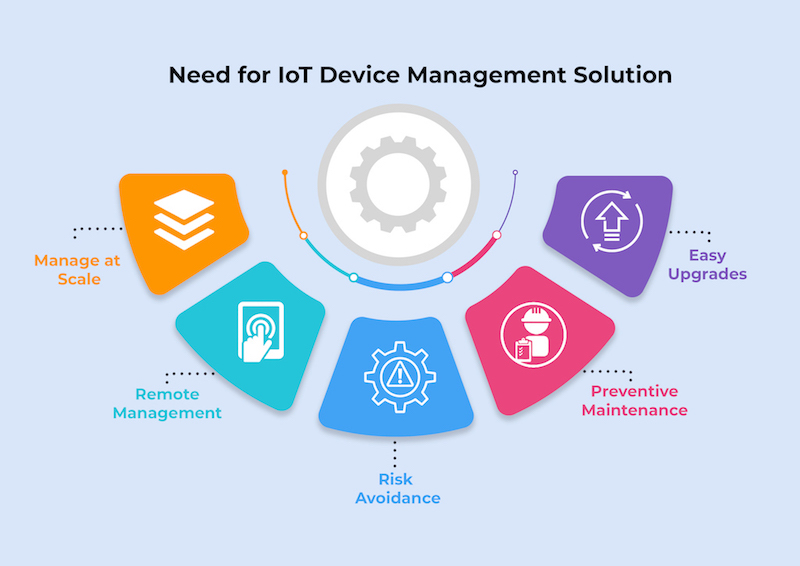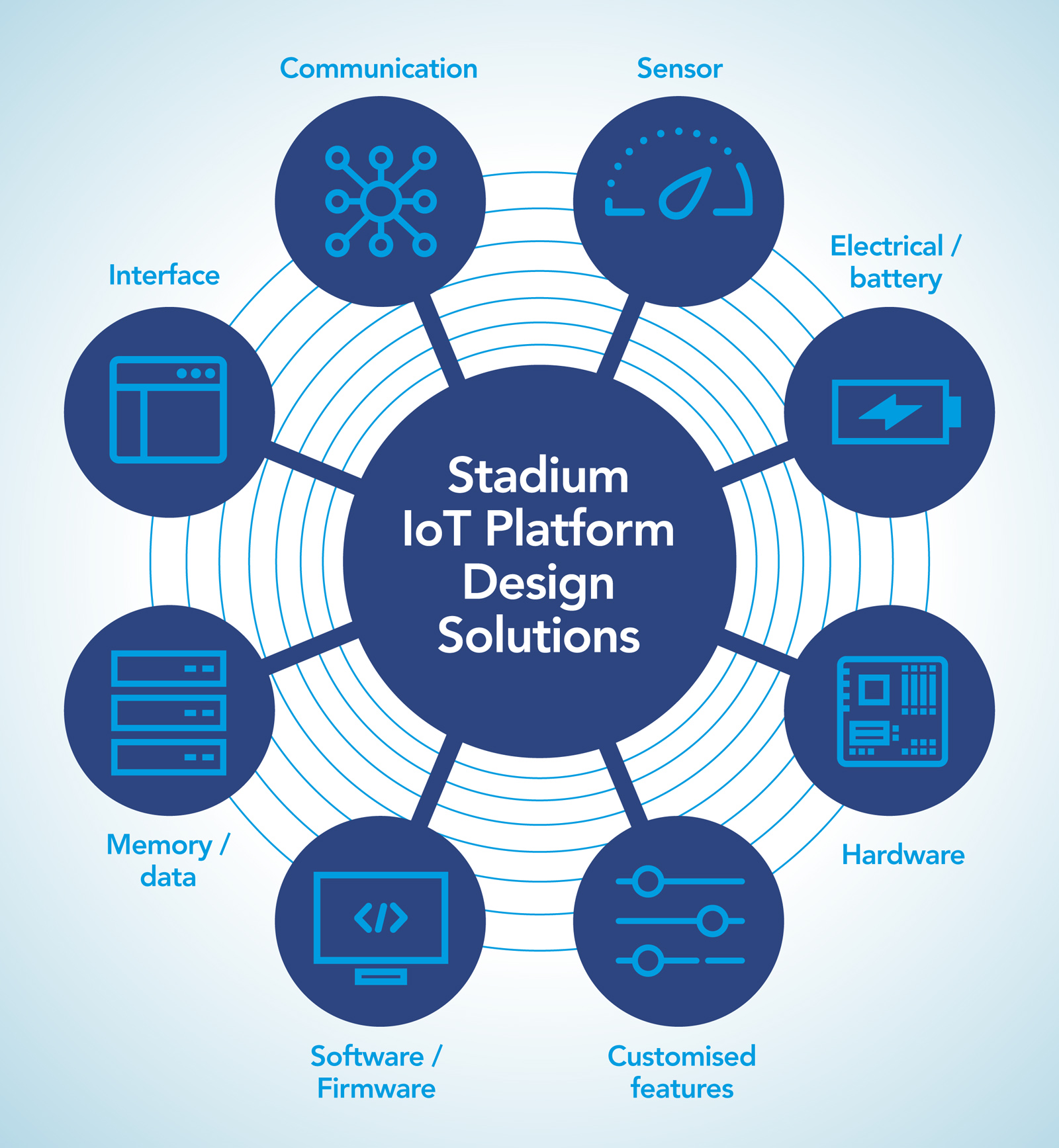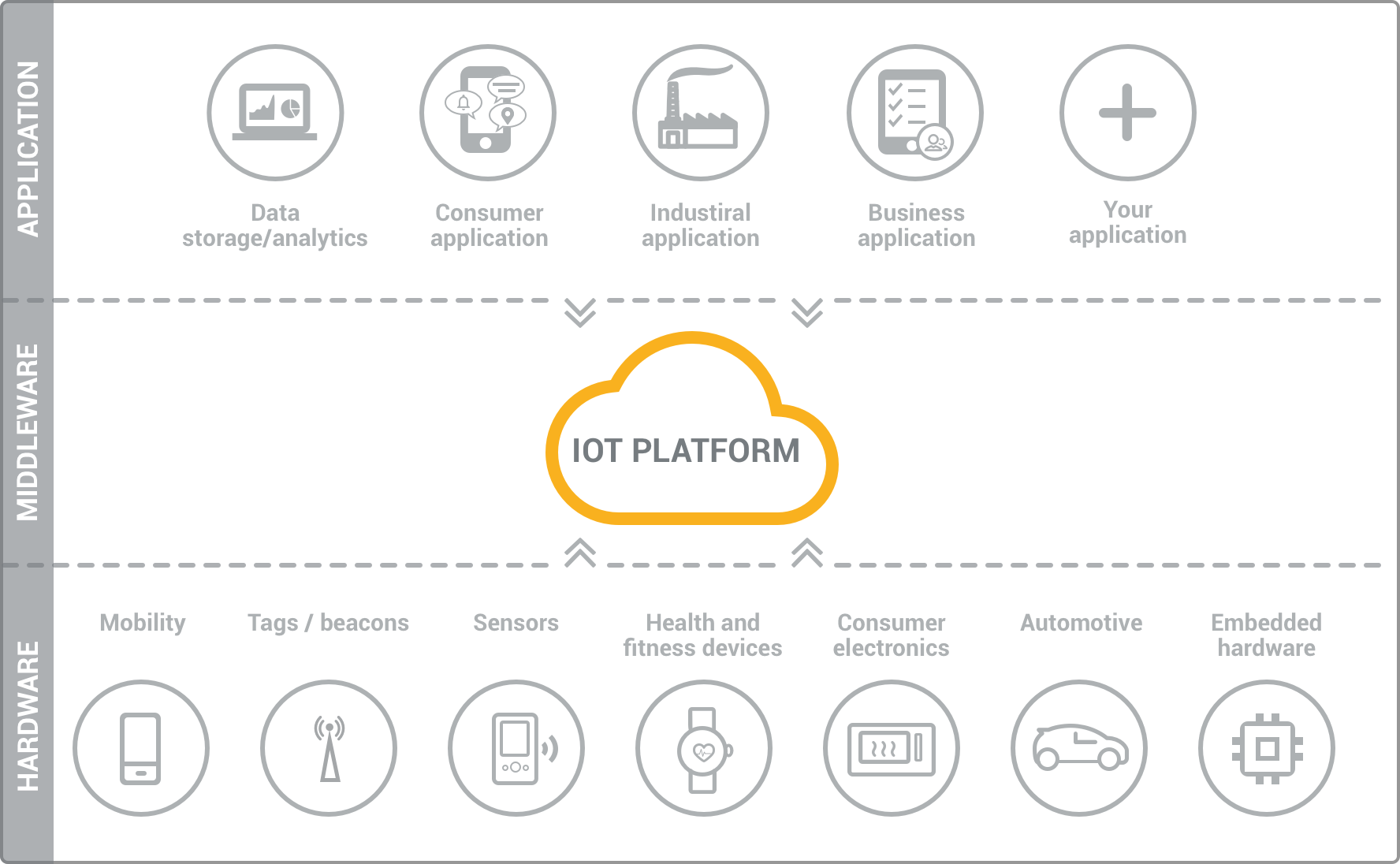Is the Internet of Things (IoT) revolution truly upon us, and if so, how are we navigating this complex landscape of interconnected devices? The undeniable truth is that IoT platforms have become the linchpin of this transformation, offering the necessary infrastructure to connect, manage, and secure the billions of devices shaping our future.
The relentless march of technology has birthed a world where everyday objects, from humble household appliances to sophisticated industrial machinery, are seamlessly connected to the internet. This interconnectedness, or the Internet of Things, promises to revolutionize how we live and work, but it also presents significant challenges. Managing this vast ecosystem of devices, ensuring their security, and extracting meaningful insights from the deluge of data they generate requires a robust and sophisticated infrastructure. This is where IoT platforms come into play.
| Feature | Description |
|---|---|
| Device Onboarding | Facilitates the initial connection and registration of IoT devices within the platform. |
| Configuration | Enables remote configuration of device settings, ensuring optimal performance. |
| Monitoring | Provides real-time insights into device health, performance, and operational status. |
| Troubleshooting | Offers tools and diagnostics to identify and resolve device-related issues remotely. |
| Data Collection | Gathers data from connected devices for analysis and processing. |
| Security Features | Incorporates measures like device authentication and encryption to protect against threats. |
| Integration | Allows for the integration of data analytics and machine learning tools. |
| Scalability | Designed to manage a large number of devices and accommodate future growth. |
| Compatibility | Supports a wide range of devices and communication protocols. |
| User Interface | Provides a user-friendly interface for managing and monitoring devices. |
Reference Link: Example Website
- Exploring Irreversible A Deep Dive Into Gaspar Nos Controversial Film
- Diatoya Latest Updates Community Insights What You Need To Know
These platforms act as a central hub, offering the tools and services needed to manage the entire lifecycle of IoT devices. They are not merely conduits for data transfer; they are comprehensive ecosystems that encompass device management, data analytics, security protocols, and much more. Choosing the right IoT platform is a crucial decision, heavily dependent on the specifics of your project and the current stage of your IoT product adoption. Many businesses find themselves at varying stages on the curve. Selecting the ideal platform depends on your individual position, your current needs, and your planned future development.
A crucial element of any successful IoT deployment is robust security. Device management IoT platforms offer a layered approach to security. They start with features like device authentication, which verifies the identity of each device before allowing it to connect to the network. Encryption is another critical component, protecting the data transmitted between devices and the cloud from unauthorized access. These and other security features work in concert to shield your devices and the sensitive data they collect from potential cyber threats.
Consider the scenario of managing a network with complex interactions between numerous devices. Attempting to orchestrate these interactions manually can quickly become a daunting task, prone to errors and inefficiencies. IoT platforms automate and streamline these processes, giving you more control with greater ease.
- Is Hdhub4u Safe Risks Legal Alternatives 2024 Guide
- Filmyfly Latest Movies Web Series Beware Of Risks
The market is flooded with IoT platforms, each with its unique strengths and weaknesses. Some of the most popular and well-regarded options include Amazon Web Services (AWS) IoT, Microsoft Azure IoT, Oracle IoT, and Google Cloud IoT. Others include platforms like Kaa, known for enabling developers to build and implement IoT solutions rapidly by integrating data analytics and machine learning capabilities. The choice depends on factors like the complexity of your project, the scale of your deployment, and the specific functionalities you require.
AWS, for example, provides a comprehensive suite of IoT services designed to connect and manage billions of devices. It enables businesses to collect, store, and analyze IoT data, catering to a wide range of applications. Similarly, Azure IoT provides tools for secure device connectivity, data ingestion, and analytics, including capabilities that help businesses build, deploy, and manage IoT platform applications. Each platform offers its own unique set of features and advantages, tailored to different needs.
Device management platforms extend beyond simple connectivity, offering a sophisticated set of tools and services to facilitate the organization, monitoring, and remote management of devices. They enable users to connect and control a wide array of smart devices, ranging from smart home appliances to sophisticated industrial machinery. Some platforms go even further, creating a "digital twin" of each device to maintain a local record of the data even when offline, ensuring business continuity and providing a historical view of operations.
The selection process should ideally start with a thorough assessment of your project requirements. Key considerations include the number of devices, the types of data you intend to collect, the level of security required, and the desired analytical capabilities. Some platforms offer a more extensive range of features, but that doesn't always make them the best fit. The ideal platform is one that meets your specific needs and is scalable to accommodate future growth.
One of the essential functionalities provided by these platforms is robust security, encompassing device authentication, encryption, and protection against malicious attacks. On the network side, IoT platforms deploy flood protection mechanisms to prevent attacks and ensure reliable device access. Furthermore, on the cloud side, the utilization of big data technologies enables detection and isolation on the cloud, which protects personal privacy and prevents IoT data from being maliciously damaged or disclosed. This approach provides a comprehensive shield against a range of threats, safeguarding both your devices and the sensitive data they produce.
The ability to connect and manage devices is just the starting point. The real value lies in what you do with the data. This includes analyzing collected data to extract valuable insights, optimizing operations, and making informed decisions. Many IoT platforms provide built-in analytics tools, but you can also integrate them with other data processing and visualization tools to meet specific requirements.
A core capability of IoT platforms is their ability to handle vast volumes of data. The exponential growth in the number of connected devices means that data volumes can quickly become overwhelming. IoT platforms are designed to ingest, store, and process large amounts of data efficiently. This often involves the use of cloud-based infrastructure and scalable databases. IoT platforms support a wide range of communication protocols, including MQTT, HTTP, and CoAP, enabling them to connect to a variety of devices. This makes them more flexible and adaptable to evolving requirements.
The process of selecting the appropriate IoT platform is a critical stage in the development and implementation of any IoT project. Before choosing, you should first consider the capabilities required, the scale of the project, the budget, and the expertise required. The chart below is a great example of how to build iot devices.
Kaa Enterprise IoT is designed as a comprehensive platform that facilitates the connection of hardware devices, such as sensors and industrial PLCs, for reliable data collection, analysis, and visualization. The platform also generates a digital twin of all your devices, thereby maintaining a local record of the data that is accessible even when offline. This allows for business continuity and allows users to monitor their devices' status from virtually anywhere in the world.
The ideal IoT platform integrates seamlessly with other systems. Whether integrating with existing enterprise applications, cloud services, or third-party tools, a platform that supports integration offers greater flexibility and reduces development time. This enables organizations to maximize the value of their IoT data by combining it with other business data, leading to more informed decision-making.
One of the key distinguishing features of any IoT platform is its scalability. It's essential to choose a platform that can scale with your needs. As your IoT deployment grows, the platform should be able to handle the increased number of devices and the growing data volumes. This typically involves using cloud-based infrastructure that can be easily expanded or contracted as needed. As an example, AWS offers services and solutions to connect and manage billions of devices, allowing for easy scaling.
IoT platforms come in various types, each serving a particular purpose. The main types include those focused on device management, data analytics, connectivity management, and application enablement. Device management platforms are responsible for overseeing the lifecycle of IoT devices, handling tasks like onboarding, configuration, monitoring, and troubleshooting. Data analytics platforms provide tools to collect, process, and analyze IoT data, uncovering valuable insights. Connectivity management platforms focus on providing secure and reliable connections between devices and the cloud. Application enablement platforms help developers build and deploy IoT applications, integrating various functionalities.
As you navigate the IoT landscape, it's essential to recognize that the right platform is not a one-size-fits-all solution. Carefully consider the specific needs of your project, evaluate different platforms, and choose the one that best aligns with your business goals. From the wide range of available options, you are certain to find the right platform for your project.
- Filmyfly Latest Movies Web Series Beware Of Risks
- Lily Phillips Shocking Revelations Controversies Latest Updates


